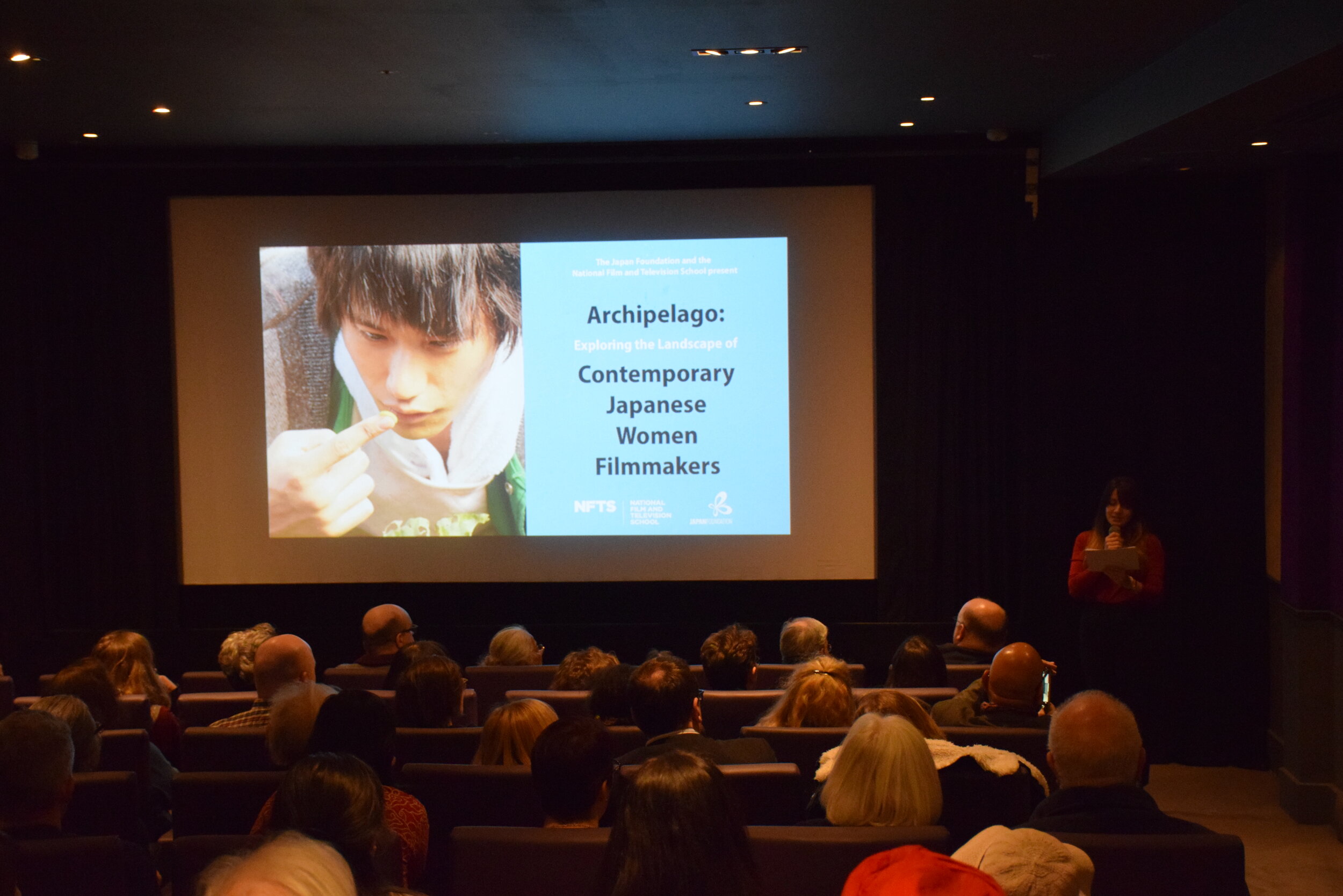Archipelago: Exploring the Landscape of Contemporary Japanese Women Filmmakers
Archipelago was a film season dedicated to celebrating the diverse and exceptional work of the new generation of female directors who have emerged from the Japanese archipelago in the 21st Century. It took place over three venues - Rich Mix, Embassy of Japan in the UK and Courthouse Cinema - to sold-out audiences in November and December 2017.
A selection of four films offered a glimpse into the distinctive voices of these writer-directors, whose work remains largely undiscovered outside their home country. Each with their particular style, these filmmakers have secured themselves a unique place in the Japanese film industry. They have done so by occupying a narrative space neither mainstream nor fully art-house and subverting genre boundaries while adhering to their unique creative visions.
To complete the season, through a panel discussion chaired by East Asia Senior Film Programmer for the BFI London Film Festival Kate Taylor, with Japanese cinema expert, writer and curator Jasper Sharp; writer and scholar Alejandra Armendáriz and myself, we aimed to examine the recent proliferation of female filmmakers in Japan as well the roles women have played throughout the history of the Japanese film industry. In doing so, framing a debate on the current position of women behind the scenes both in Japan and across the globe.
Films
Wild Berries
Directed by Miwa Nishikawa (2003)
The facade of normality of the Akechi family crumbles during the grandfather’s funeral when a debt lender exposes the father’s secret: he has been covertly out of work for years. He owes large amounts of money to loan sharks. The estranged brother, a con artist, also makes a grand appearance during the ceremony. Brother and sister of the clan will battle for control over the damaged family ties, resurfacing childhood scars in the process. In this enigmatic and electrifying ensemble, Miwa Nishikawa scrutinizes how family members deceive each other through a blend of wry humour with fierce realism.
Death of a Japanese Salesman
Directed by Mami Sunada (2013)
Based on the diary written in his final days, director Mami Sunada captures the last months of her own father’s life - a dedicated salesman who was diagnosed with terminal cancer shortly after his retirement. True to his pragmatic core, he devises to accomplish a set of tasks before his departure. Mami tracks her father’s progression from stoicism to emotional openness through straightforward conversations, practical decisions and poignant reunions, always portrayed with candour and light-hearted humour. Far from being sombre, Mami’s love letter to her father is a heartwarming documentary full of cheerfulness and affection.
Bare Essence of Life
Directed by Satoko Yokohama (2009)
Yojin is an energetic and troublesome young man whose brain is ‘wired differently’. He works with his grandmother on their small organic vegetable farm, organizing his life according to a manic system of alarm clocks. Yōjin’s eccentric lifestyle changes when he meets Machiko, a kindergarten teacher who arrives from Tokyo, and he becomes self-destructively determined to win her heart. Yokohama’s second feature film is impossible to categorize: a bizarre hybrid between comedy and offbeat surrealism, which takes a turn into existential reveries that bend all logic with bold originality.
Rent-A-Cat
Directed by Naoko Ogigami (2012)
Sayako has found a solution to help fill the emptiness in lonely people’s hearts: she rents out cats. But Sayako is also lonely herself. As we see her tow her furry merchandise in a handcart along the river bank, aspiring to change her customers’ lives one cat at a time, we will realize it is she who needs them the most. In this delightfully charming comedy, Ogigami meditates on loneliness in our contemporary world with her distinct wistful tone, refreshing visual style... and a good deal of felines.









